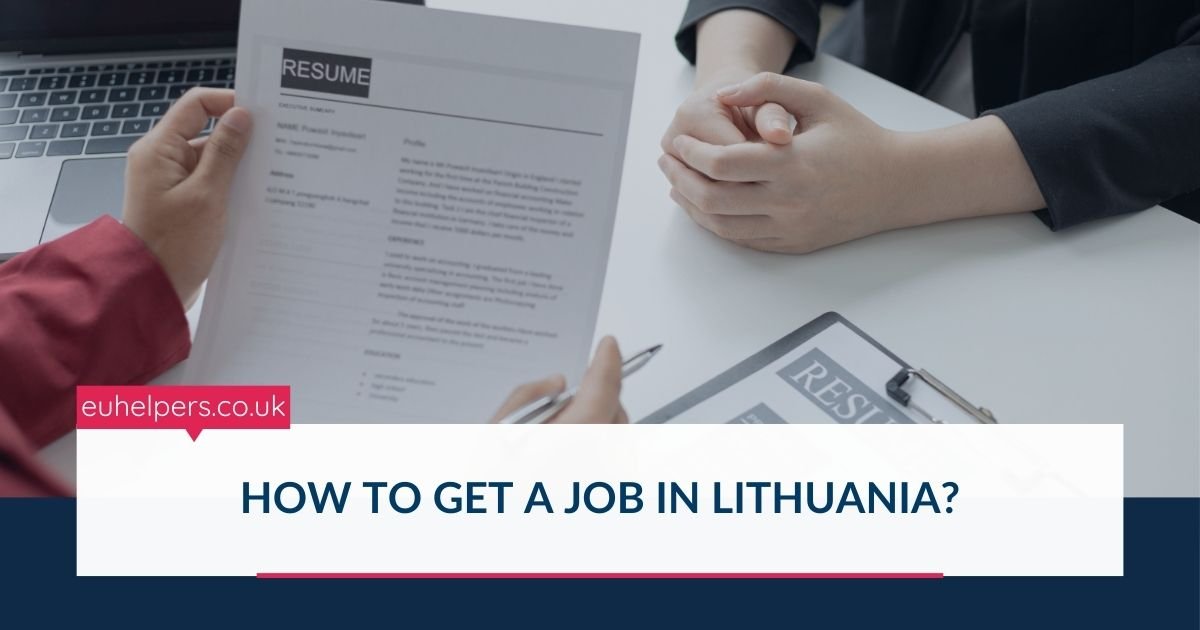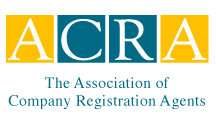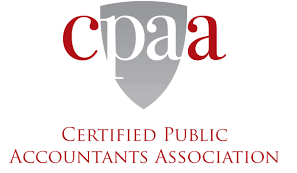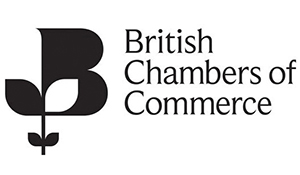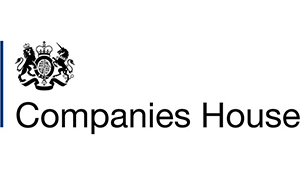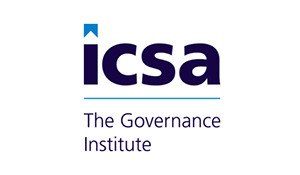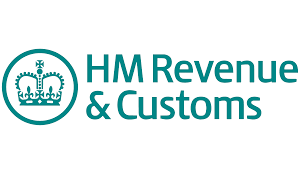Lithuania is an increasingly attractive destination for international professionals, particularly in sectors such as IT, healthcare, and manufacturing. If you're a non-EU citizen looking to work in Lithuania, you’ll need to follow a structured process that involves securing a job offer, obtaining a work permit, and applying for the appropriate visa or residence permit. Here's a comprehensive guide to help you navigate the steps successfully.
1. Find a Job in Lithuania
Online Job Portals
Start your job search by exploring popular Lithuanian job websites such as:
-
Work in Lithuania – Designed for international talent.
-
CV.lt, CV Online, CV Market, and CV Bankas – Widely used by local employers.
-
AFR – A useful resource for blue-collar or logistics-related roles.
Specialized and Global Platforms
For more specific roles, especially in tech and engineering, consider global job boards like:
-
LinkedIn
-
Monster.com
-
Stack Overflow Jobs
These platforms often list openings from multinational companies operating in Lithuania.
Networking and Job Fairs
Connecting with professionals in your industry can open up hidden job opportunities. Attend labor fairs and employer-hosted events, many of which are organized by the Lithuanian Employment Service (Užimtumo tarnyba).
2. Secure a Job Offer
After identifying a suitable position, go through the employer’s application process. Once selected, your future employer must confirm that you are qualified for the role and are the best fit available—especially if they are hiring from outside the EU.
3. Work Permit Process (For Non-EU Citizens)
Your prospective employer will initiate the work permit application with the Lithuanian Employment Service. This includes:
-
Demonstrating that no suitable Lithuanian or EU candidate was available.
-
Submitting documentation such as your passport, qualification certificates, and employment contract.
If applicable, the employer may also apply for a mediation letter from the Migration Department, which is required for residence permit applications in some cases.
4. Visa or Residence Permit Application
Once your work permit (or mediation letter) is approved:
-
Apply for a National Visa (Type D) or a Temporary Residence Permit, depending on the length and type of employment.
-
Submit your application at the VFS Global Lithuania Visa Center or the Lithuanian embassy/consulate in your country.
-
You’ll need to provide:
-
Valid passport
-
Biometric data
-
Proof of employment (work permit or mediation letter)
-
Proof of accommodation in Lithuania
-
Travel health insurance
-
Financial proof (bank statements)
-
Any necessary translations and legalized documents
-
You may also need to attend an interview and pay the applicable visa fee.
5. Important Considerations
Language Requirements
While English is sufficient in many fields—especially tech and engineering—knowledge of Lithuanian may be necessary for customer-facing or administrative roles. Basic Russian may also be helpful in certain sectors.
Cultural Adaptability
Being open to Lithuanian workplace culture, communication styles, and social norms can help you integrate more easily.
Visa Sponsorship
Not all employers offer visa sponsorship. Clarify this early during the hiring process to avoid misunderstandings.
High-Demand Sectors (2025)
The following industries are expected to actively hire international talent:
-
Information Technology & Software Development
-
Healthcare & Medical Professions
-
Manufacturing & Industrial Engineering
Lithuanian Employment Service
The Lithuanian Labour Exchange (Užimtumo tarnyba) is a valuable public resource for both job seekers and employers. They offer listings, guidance, and assistance in the employment and visa process.
Securing a job in Lithuania as a non-EU citizen involves coordination between you and your employer, a well-prepared set of documents, and careful attention to visa and work permit procedures. With demand growing in key sectors and resources available to support international professionals, Lithuania presents a promising opportunity for those ready to build a career in the heart of the Baltics.

